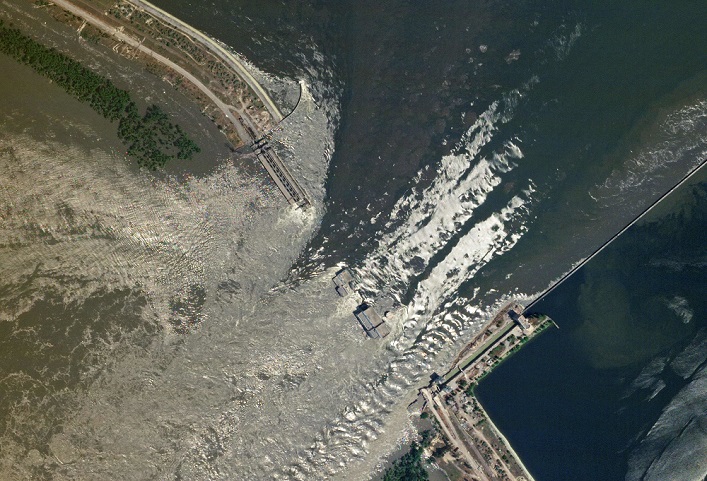The attack on the Kakhovka HPP will increase the trade deficit by $400M annually.


According to the NBU, Russia’s detonation of the Kakhovka HPP will have several economic consequences, including damage to agriculture, an increase in production and logistics costs, and a reduction in production by individual food industry enterprises.
In 2023, these consequences caused a negative contribution of up to 0.2 percentage points to real GDP growth, added up to 0.3 percentage points to consumer inflation, and increased the deficit in trade in goods by $400M, the NBU noted. In the medium term, losses will be felt primarily due to the impact on crops.
In addition to the economic effects, the National Bank also analyzed the ecological consequences of the terrorist attack, which include flooding and drainage of territories, lowering of groundwater levels and in the basins of nearby rivers, destruction of the ecosystem, epidemiological risks, climate change, pollution of the Black Sea coast and adjacent territories, and the death of plants and animals.







